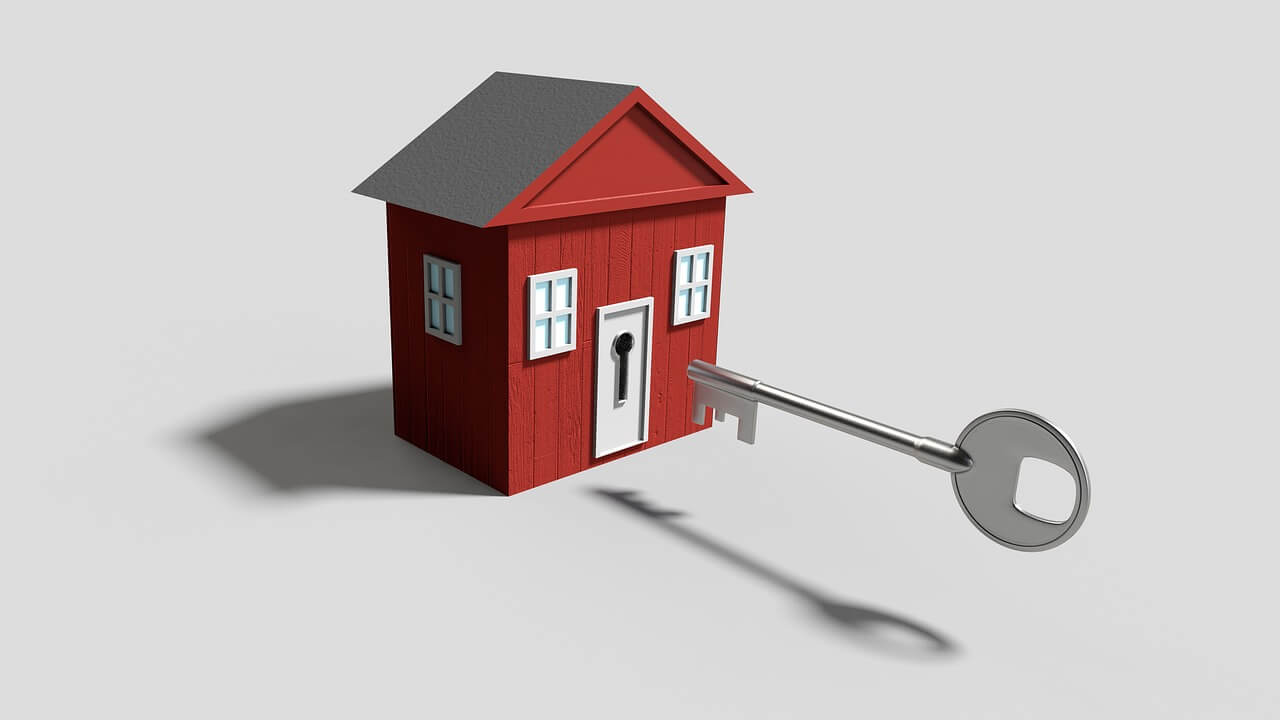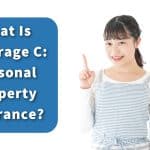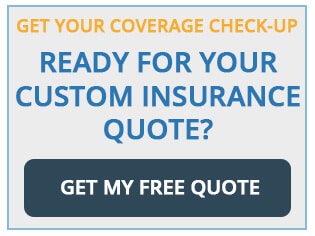“Do I need liability insurance for an e-commerce store? What should I consider when insuring a home based business?”
There are approximately 14,000,000 home-based businesses in the U.S. Many people choose this type of business because they love the flexible hours, the lack of commute, the comfort of working in their pajamas, and the added benefit of saving money.
“Since I don’t have a warehouse or storefront,” they determine, “I can spend less on rent, taxes, and insurance. Right?”
Unfortunately for these uninformed business owners, that is simply not true.
And if you think you’re off the hook because you have insurance on your home, think again.
Your Homeowner’s Insurance Policy Isn’t Enough
There’s no getting around it: your homeowner’s insurance policy will not cover claims related to your home-based business.
Yep. This goes for Etsy stores, drop shippers, and Direct Sellers (with companies like LulaRoe, Rodan + Fields, and Pampered Chef).
For many businesses, it may be easy (and tempting) to be reimbursed for your sewing machine or your laptop in the event that a house fire destroys your “office.” After all, those items are also for personal use, too. But insurance claims are for more than just damage of physical things.
What happens if you lose work (and income) because the fire damaged your home office? Or when a customer gets sick from a cake you baked? What happens if one of your homemade barrettes falls apart and winds up in a baby’s mouth?
It’s a disturbing thought to even consider (you’re probably knocking on wood right now) but the fact is, your home insurance simply can’t help you in any of these cases.
So what can you do?
Insuring a Home Based Business
Whether you make $10 a year or $1,000,000, your business needs to be protected. All it takes is one claim to clear out your bank account and put you out of business. So when you’re talking about insuring a home-based business, you want to put as much effort into coverage as you would if you owned a retail store in a prominent address downtown.
Overall, this means looking at your own unique business and finding the policies that are just right for the type of work you do (and where you do it), but there are a few general guidelines that can make insuring a home-based business easier on you.
1. Limit your personal liability.
This isn’t an insurance tip, but it’s a point worth making. Fledgling entrepreneurs may be drawn to the simplicity of sole proprietorships, but these types of businesses expose you to a lot of personal risk in the event that your business is sued or goes into debt. Limited Liability Companies, Corporations, and other business structures protect your personal assets in the event that your business is threatened with a lawsuit or debt (so your vehicle, personal bank account and other assets are protected, even if your business fails). Speak to your attorney or legal advisor about these options to see which one is right for you.
2. Add an endorsement to your homeowner’s insurance policy.
If you have a very small home business (for instance, selling a few homemade items a month from an Etsy store), you might be able to add an endorsement (sometimes known as a “rider”) to your current homeowner’s insurance policy. This would increase your protection (and premiums) without needing to spend too much money on features and coverage you don’t need.
3. Consider a Business Owners Policy (BOP).
For a small business needing a basic level of coverage, a Business Owners Policy is a good idea. BOPs cover property damage, loss of income due to business interruption, and general liability protection. Depending on your business, however, you may need additional protection. For instance, a BOP will not cover professional liability insurance (also known as “Errors and Omissions” or Malpractice insurance), which protects against financial hardships caused by your product or service (as opposed to injury or other types of physical damage).
4. Get the right insurance for your unique business.
Your insurance coverage should always be based on your unique business. As shown in the example above, there is no single policy that automatically covers everything you need protection against; you would be shortchanging yourself (and your customers) by only buying one type of coverage. It’s always best to speak to your independent insurance agent about any other types of insurance your home business may need.
Here is a very small list of some of the many types of insurance you may want to add to your business insurance arsenal:
- Property Insurance
- Errors & Omissions Insurance
- Data Breach/Cyber Liability Insurance
- Worker’s Compensation
- Company Auto Insurance
We speak with business owners every day who are under- or uninsured, usually because they think they either can’t afford insurance or don’t need it. But all it takes is one mistake, one claim, or one accident to befall your business and undo all the hard work you did to get it off the ground. When you think about what’s at stake, you can’t afford not to have insurance.
Each situation and business is one of a kind—your insurance coverage should be, too. Call now to see if you’re sufficiently protected.
Save
Save
Save









Comment (1)
Scarlett Delgado
June 24, 2017When you start your own business there are lots of elements you’ll want to consider within your business strategy plan. An Insurance policy mitigates your risk, small business insurance is just about the most important factors within your strategic business plan. When looking in to Business insurance packages, there are many kinds of insurance you’ll want to check into and now we can look at the various insurance policies. While we will look at insurance coverage’s that are based upon many types of businesses, you might want to speak with an experienced insurance agent with regards to your businesses requirements.